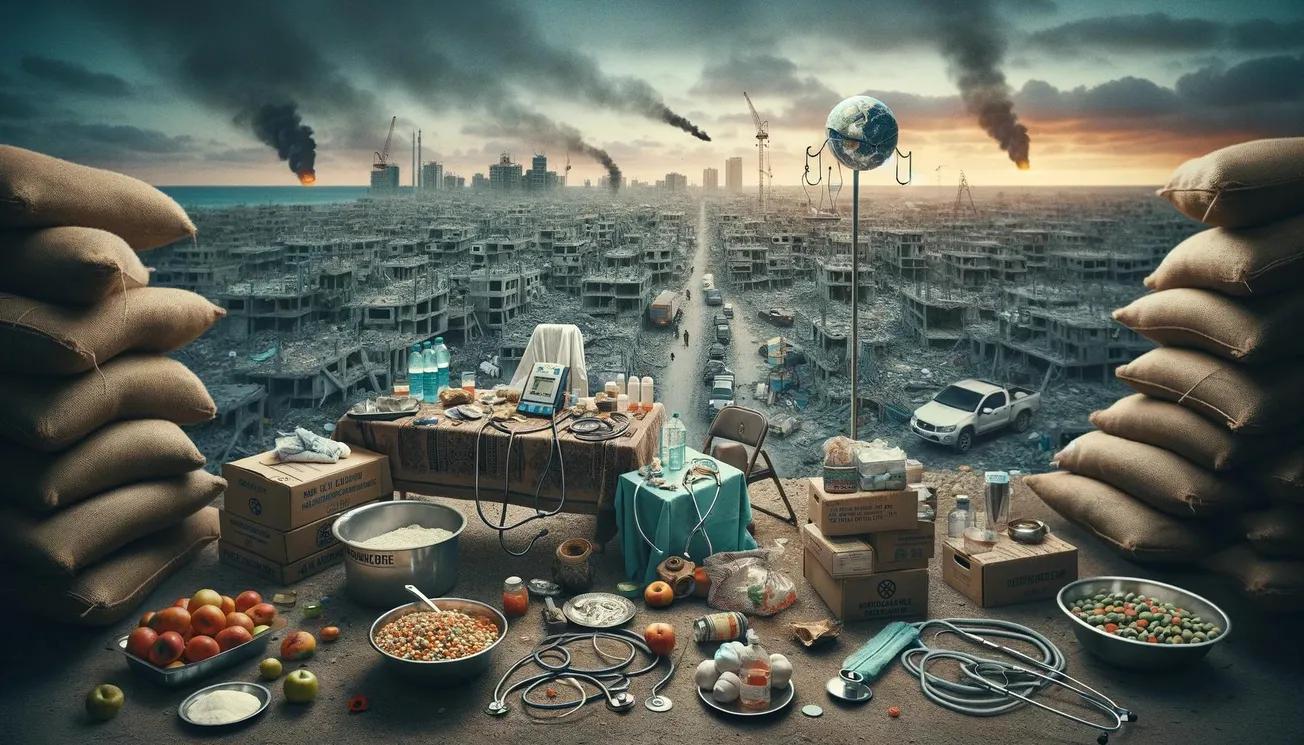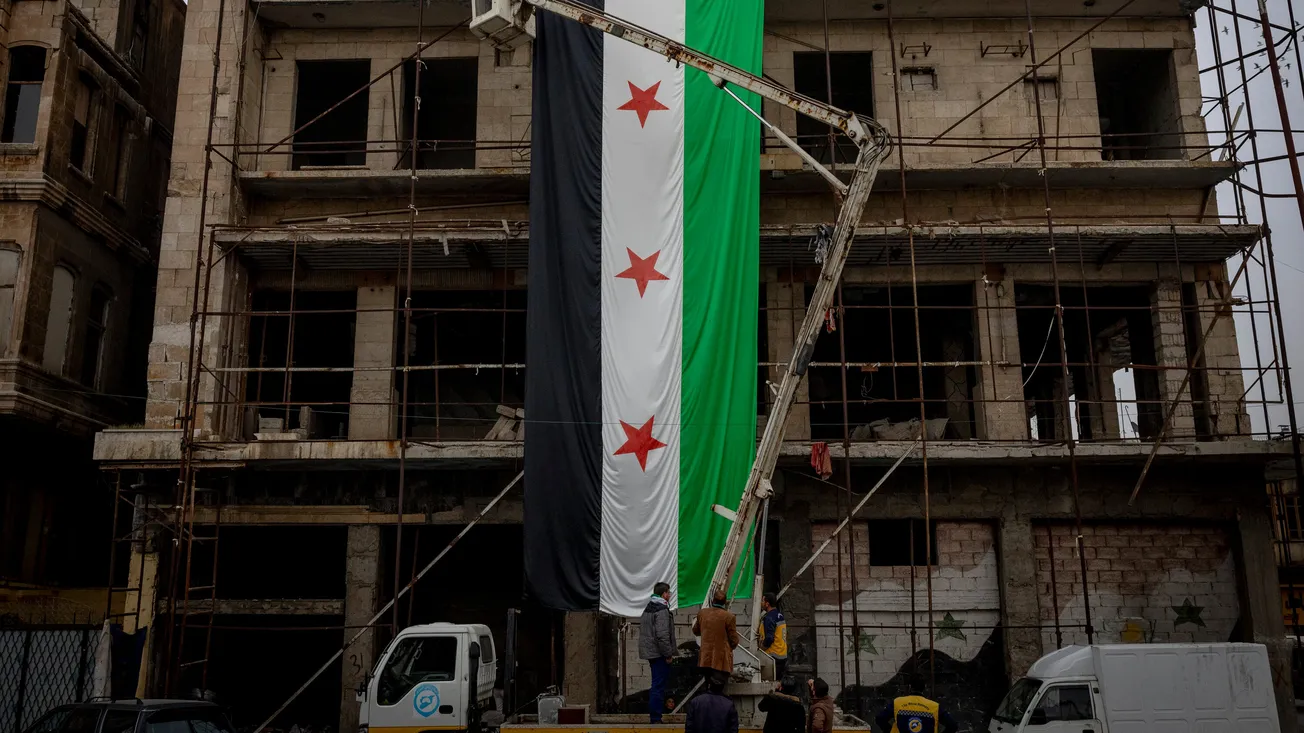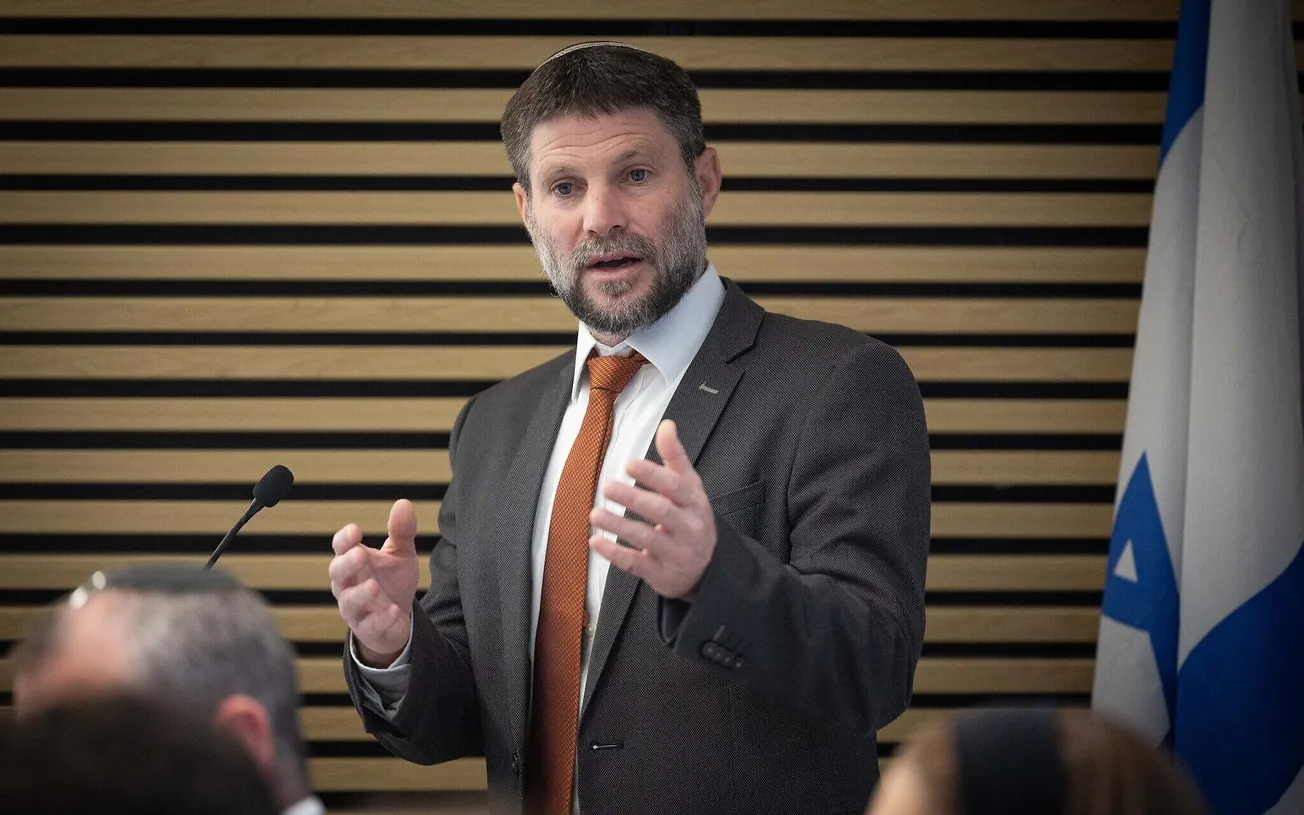As the conflict in Gaza surpasses the 100-day mark, the region faces an unprecedented humanitarian disaster, with the population grappling with famine, widespread displacement, and a healthcare system in ruins. The situation has deteriorated rapidly, making the notion of a ceasefire not just a diplomatic option but a humanitarian imperative, especially with the holy month of Ramadan on the horizon.
Gaza's residents are enduring a crisis of unimaginable proportions. According to the United Nations, the siege and ongoing bombardment have propelled the majority of Gaza's population into a state of famine or catastrophic hunger. This places the enclave at the epicenter of a global humanitarian crisis, unmatched in severity and desperation.
The imposition of a "total siege" by Israel has severely restricted access to essential supplies such as water, food, fuel, medicine, and medical supplies. The destruction of Gaza’s food system, through targeted attacks on agricultural land and fishing fleets, has effectively weaponized food against the Palestinian people. Reports indicate that approximately 22% of Gaza’s agricultural land has been razed, and around 70% of its fishing fleet destroyed, further exacerbating the food crisis.
Healthcare in Gaza has also been decimated. Médecins Sans Frontières reports constant attacks against healthcare facilities, severely hampering efforts to provide aid. Nearly 85% of Gaza's population has been displaced, with many forced into shelters or areas devoid of basic amenities. The healthcare system's collapse, combined with the lack of access to safe water, has significantly heightened the spread of communicable diseases, making the provision of medical and humanitarian aid nearly impossible under current conditions.
Amidst this chaos, the international community has struggled to find a resolution. The U.S. veto of an Algerian resolution demanding an immediate ceasefire highlights the political complexities at play, making the path to peace and the provision of aid even more challenging. This action has been criticized as shielding Israel after committing severe crimes against the Palestinian people, thereby exacerbating the humanitarian disaster.
As Ramadan approaches, a time traditionally marked by peace and reflection, the dire situation in Gaza calls for an urgent reassessment of strategies to provide relief. The United Nations and various human rights organizations have reiterated the need for an immediate ceasefire to facilitate the delivery of humanitarian aid and to allow the population to observe Ramadan in peace. The relentless bombardment and siege have not only led to an immediate crisis but also pose long-term consequences for Gaza's future, potentially impacting an entire generation through malnutrition and the loss of educational and health facilities.
The international community, including nations, humanitarian organizations, and individuals worldwide, must come together to address this crisis. As the holy month of Ramadan offers a period for reflection and prayer, it also presents an opportunity for a renewed push for peace. A ceasefire during this period could serve as a much-needed respite for the people of Gaza, allowing for the delivery of aid and a momentary pause in the hostilities that have devastated the region. The path to a lasting resolution remains fraught with challenges, but the immediate goal must be to alleviate the suffering of Gaza's residents and to respect the sanctity of Ramadan by ceasing hostilities.
The situation in Gaza is a stark reminder of the devastating impact of conflict on civilian populations and the urgent need for the international community to prioritize peace, humanitarian aid, and the protection of human rights above all else.




